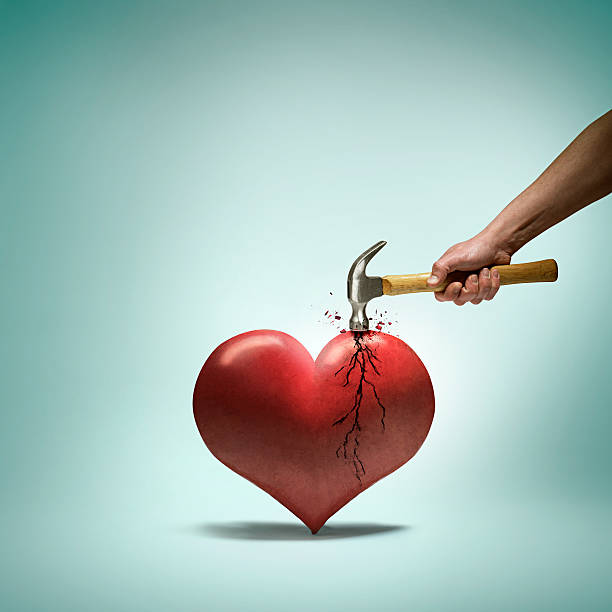The worst pain an athlete can go through

More stories from Letizia Cumbo-Nacheli
Tearing your ACL, breaking a bone, or even going through surgery are presumed to be the worst injuries and pain an athlete can to go through; however, nothing can compare to the pain of an athlete’s broken heart. The worst pain an athlete can go through is falling out of love with his or her respective sport that growing up, he or she believed would stick with him or her for a lifetime.
Forest Hills Central is an extremely athletic school. Throughout every grade, there are a multitude of athletes in all different kinds of sports, throughout the course of the year. Nowadays, there seems to be fewer and fewer athletes per grade as years go on. Freshman year, there are plenty athletes, but as soon as you get to senior year, there are very few. People can argue that as you go through all three levels of a sports program, it weeds out the weak links; however, that is wrong. At FHC, majority of the people leave their sports because they fall out of love with it.
Falling out of love with your sport comes in five stages: denial, anger, bargaining, depression, and acceptance–exactly like the five stages of grief.
“For the longest time, I was denial. I had an injury which impacted me and my swimming. At a point in my life, I was one of the best swimmers in the state prior to [her injury]. After my injury, every time I would swim, I had these expectations I could never reach which led me to becoming disappointed in myself. Over time, the love I had for swimming faded but I felt trapped because swimming was my sport my entire life [11 years],” Olivia Oorbeck said.
Olivia is a prime example of the denial that all athletes go through when they realize their time is up. Following denial is anger. Anger can be displayed in multiple different ways, such as internally, physically, or verbally.
“I had several coaches that made my experience with volleyball miserable. I was so angry because I started associating volleyball with bad coaches [and misery],” Bella Grounin said.
After being angry is when you come to terms with yourself. Athletes attempt to outweigh the pros and cons but end up putting themselves in a bigger dilemma.
“When I was deciding whether I was gonna quit or not, one of the biggest things I considered was what I was going to gain by quitting and what I was losing if I did quit. It was so hard to go through,” Elsa Kehoe said.
Bargaining between whether to stay or drop your sport feels like a breakup. It is like losing a part of yourself. When you lose a part of yourself, that is when the depression kicks in. The depression aspect of falling out of love with your sport is the longest and most painful stage out of all five stages. At this stage, after being emotionless and putting the issue at hand aside, all of your emotions flood back and hit you like a truck.
“As a kid, playing basketball was my dream. I realized I wasn’t good enough and that hurt a lot, and I refused to accept the fact that I wasn’t good enough. When I look back at it, I wish I would’ve tried harder and been more confident. I was really sad to leave basketball behind me,” Luke Stiles said.
After the depression stage and going through the three stages prior to that, you finally reach a peaceful state of mind. You’ve accepted that your time is up and you need to close that door in order for another one to open.
“My thought process was complex. I liked cheer, but I couldn’t cheer because of my knee. I finally accepted that I had to get out of the sport because it wasn’t giving me joy. I accepted that it wasn’t the sport for me after two years of debating about it. Now I want to join the dance team,” Autumn VanSolkema stated.
Overall, falling out of love with your sport is an experience that many athletes have been through. It happens worldwide and at FHC. The setback it is the worst kind of pain an athlete can go through, and plenty of athletes in the hallways and classrooms of FHC are on the mend.

Hey friends! Letizia Cumbo-Nacheli (best known by the name TZ) is 16 years old and she is currently a Junior at Forest Hills Central High School. She plays...



